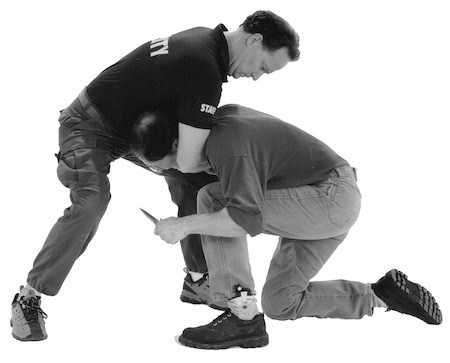In my experience, as a use of force expert, one area of potential liability that is often overlooked, especially in security and the hospitality industry, is the importance of appropriate physical training. This training is necessary to help better understand liability issues, and also to reduce the likelihood of liability in the future. Over my 30+ year of experience, there seems to be three reoccurring types of deficiencies (let’s label them Root Deficiencies) related to training. In order they are:
- No training
- Improper Training
- Insufficient Training
#1: No Training
This is self-explanatory. There is no specialized training provided to the officer. This includes the inability to answer the following two questions:
- When intervening, how much force is reasonable?
- When intervening, how do you gauge the amount of force you are actually using?
#2: Improper Training
This often relates more to who is providing the training and the methodology being taught. This includes techniques:
- That have a high probability of causing serious permanent injury or death.
- That do not work.
- That are too complicated and cannot be performed under stress.
- That require the ‘client’ to be compliant.
- That fail to consider the ‘client’ is in an altered mental state (e.g., agitated, on drugs, off their medication, and so on).
#3: Insufficient Training
There are two main issues here.
- Short training time and infrequent reviewing or recertification
- Training and certification only consists of online or in-class theory – even though physical intervention may be required on the job.
In the next series of Observations I will discuss specific examples in each category and how they can be mitigated in training.
